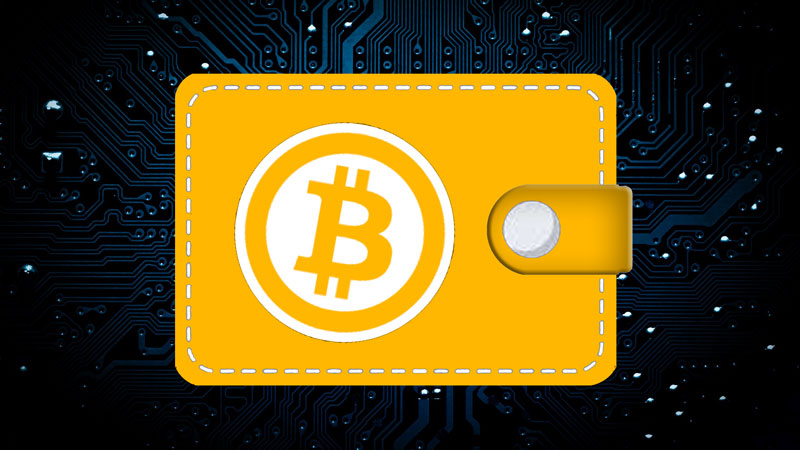In the rapidly expanding world of cryptocurrencies, security, and accessibility stand as paramount concerns for investors and enthusiasts alike. As the popularity of digital assets continues to surge, so does the demand for reliable storage solutions. Enter the crypto wallet, a crucial tool that enables users to store, manage, and transact their digital currencies securely. In this article, we delve into the evolution of crypto wallets, exploring the different types available and the pivotal role they play in the cryptocurrency ecosystem.

The concept of a crypto wallet can be traced back to the inception of Bitcoin in 2009. In the early days of cryptocurrencies, users interacted directly with their private keys, responsible for accessing and transferring their funds. However, as the value of cryptocurrencies soared, so did the risk of theft and loss due to hacks, malware, or human error. This propelled the need for more sophisticated and user-friendly wallet solutions that could provide heightened security while maintaining ease of use. As the cryptocurrency space has matured, various types of best crypto project 2023 have emerged, each catering to different user preferences and security requirements.
The two primary categories are hardware wallets and software wallets. Hardware wallets are physical devices that store private keys offline, away from potential online threats. They offer robust security features and are ideal for long-term investors looking to secure significant amounts of digital assets. On the other hand, software wallets can be further divided into desktop, mobile, and online/web-based wallets. Desktop wallets are installed on a computer and offer a balance between security and accessibility. Mobile wallets, as the name suggests, run on smartphones, enabling users to manage their crypto on the go. Online/web-based wallets, while convenient, store private keys on third-party servers, introducing some degree of risk.
While crypto wallets have come a long way in enhancing security, it remains crucial for users to adopt best practices to safeguard their digital fortunes. One of the fundamental aspects of wallet security is choosing reputable wallet providers with a proven track record. Moreover, enabling two-factor authentication (2FA) whenever possible adds an extra layer of protection. Regularly updating wallet software and using strong, unique passwords are also essential habits to thwart potential attacks. For those opting for hardware wallets, keeping backup copies of recovery phrases in secure locations is imperative in case the physical device gets damaged or lost.
The crypto community has always emphasized the core principles of decentralization and individual control over funds. In line with this ethos, decentralized wallets have gained traction. These wallets grant users complete control over their private keys, ensuring that no third party has access to their funds. Decentralized finance (DeFi) has further fueled the demand for such wallets, as users seek to interact with decentralized applications (dApps) while maintaining custody of their assets. Decentralized wallets come in various forms, including non-custodial software wallets and blockchain-based wallets that integrate with specific DeFi platforms.
As the cryptocurrency space continues to evolve, so will the technology behind crypto wallets. Biometric authentication, such as fingerprint and facial recognition, is likely to become more prevalent, offering an added layer of convenience and security. Interoperability between different blockchain networks could also lead to universal wallets capable of supporting multiple cryptocurrencies seamlessly. Furthermore, advancements in hardware wallet design and manufacturing processes are expected to drive costs down, making these devices more accessible to a broader range of users.


